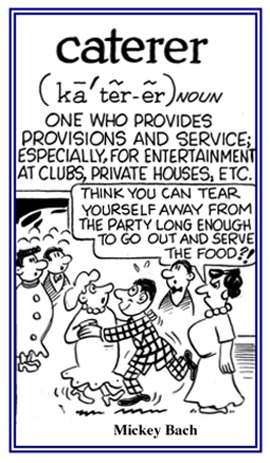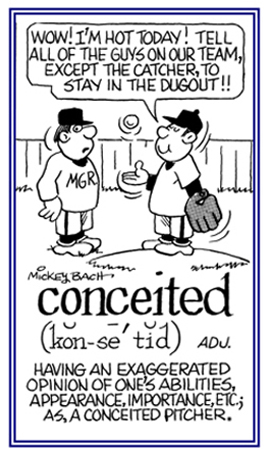cap-, cip-, capt-, cept-, ceive, -ceipt, -ceit, -cipient
(Latin: catch, seize, take, take hold of, receive, contain, hold; caught, taken prisoner)
Don't confuse the words in this cap-, cip- unit with those in the capit-, capt-, "head; leader, chief", or "first" unit of words.
case (verb), cases; cased; casing
1. Money in the form of bills or coins: A pile of cash lay in the center of the poker table.
Jim was told that he would have to pay cash for his purchases because the man does not accept credit cards or checks for the gun and ammunition he was buying.
2. Etymology: from French casse; from Italian cassa, "chest, box, money box"; from Latin capsa, "chest, box, repository"; which came from Latin capere "to catch, to seize, to hold".
cash (verb), cashes; cashed; cashing
1. Someone who is in charge of handling money in any business: Maggie worked as a cashier in the local grocery store.
When Leo goes into a bank, he goes to one of the windows where a cashier is waiting to take care of his monetary transactions.
2. Etymology: not derived from cash, but from Dutch kassier and from French caissier, which came from caisse, "cashbox"; from Latin capsa, "chest, box, repository"; from Latin capere, "to catch, to seize, to hold".
catch (verb), catches; caught; catching
1. To seize or to grab; especially, after a chase.
2. To take by trapping or snaring.
3. To suddenly, accidentally, or unexpectedly discover someone or something.
4. Etymology: from Middle English cacchen, from Old North French cachier, "to chase"; from Latin captare, capere, "to seize, to take hold".
2. To take by trapping or snaring.
3. To suddenly, accidentally, or unexpectedly discover someone or something.
4. Etymology: from Middle English cacchen, from Old North French cachier, "to chase"; from Latin captare, capere, "to seize, to take hold".
cater (verb), caters; catered; catering
1. To supply food to eat, drinks, and even entertainment for a party, a banquet, or a special event: "Mildred's job is to cater for parties, banquets, and receptions."
2. To go along with what is wanted or needed by someone or something: "The furniture company catered to the government's objection of showing a woman in her pajamas in its catalog."
2. To go along with what is wanted or needed by someone or something: "The furniture company catered to the government's objection of showing a woman in her pajamas in its catalog."
"As a child, Jim was spoiled by his parents who catered to his every desire."
3. Etymology: from Latin captare, capere, "to take, to hold".
A profession in which someone provides food and drinks for parties, meetings, etc.: Sara's birthday party was serviced by the best caterer in the area.

© ALL rights are reserved.
Go to this Word A Day Revisited Index
Peggy had a reputation for being a reliable caterer and so she was busy serving many events; both private and public.

Go to this Word A Day Revisited Index
so you can see more of Mickey Bach's cartoons.
chase (verb), chases; chased; chasing
1. Holding a high opinion of one's own qualities or abilities; especially, one that is not justified: "Since he won the race, Craig has been full of conceit about his athletic prowess."
2. Etymology: from Latin com-, "with, together" + combing form of capere, "to take".
2. Etymology: from Latin com-, "with, together" + combing form of capere, "to take".
conceited (adjective), more conceited, most conceited
Characterized by having a very high opinion of oneself or showing an excessive amount of egotistical pride for himself or herself: The author of the book was a brilliant creator of novels; however, he was also considered a very conceited compiler of literature by many other writers.

© ALL rights are reserved.

© ALL rights are reserved.
Go to this Word A Day Revisited Index


Go to this Word A Day Revisited Index
so you can see more of Mickey Bach's cartoons.
conceivable (adjective) (not comparable)
Capable of being possible or imagined: Janet looked everywhere or in every conceivable place in order to find the missing phone number.
conceivably (adverb), more conceivably, most conceivably
Pertaining to how something is feasible or imaginable; plausibly; potentially: The chairman wanted to have a meeting as soon as conceivably possible.


